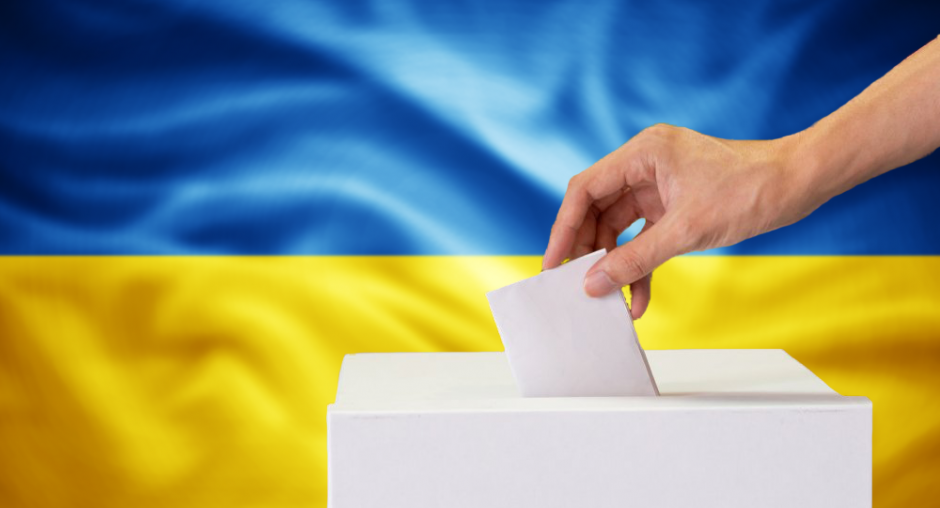Ukraine’s 2019 presidential and early parliamentary elections: ODIHR observation missions final reports

Following elections held in Ukraine in 2019, the OSCE Office for Democratic Institutions and Human Rights (ODIHR) has published reports on the two-round presidential election and the early parliamentary elections.
The presidential election was competitive and fundamental freedoms were generally respected, the observers concluded. In the run-up to the election, the law was often not implemented in good faith, which weakened trust in the election administration, enforcement of campaign finance rules and the effectiveness of election dispute resolution. Candidates could campaign freely, but numerous and credible indications of misuse of state resources and vote buying undermined the credibility of the process. The media landscape and campaign coverage reflected the dominance of economic interests in public and political life, and the campaign for both rounds lacked genuine discussion on issues of public concern.
In the early parliamentary elections, fundamental rights and freedoms were also overall respected and the campaign was competitive, despite certain malpractices observed, ODIHR reported. The electoral administration was competent and effective despite the short time available to prepare the elections. Nonetheless, the campaign was marked by widespread vote buying, misuse of the advantages by incumbent officials, and the practice of exploiting legislative loopholes, skewing the equality of opportunity for contestants. Intertwined business and political interests dictated the media coverage of elections and allowed for the misuse of political finance, including at local level.
Key recommendations from both reports include:
- Adopting a unified election code applicable to all types of elections through an inclusive process, following consultations with relevant stakeholders.
- Revising the method of formation of district and precinct election commissions, including by introducing a maximum number of members corresponding to real needs, limiting the possibility of replacement of commissioners and introducing compulsory training and certification.
- Eliminating concurrent jurisdiction for electoral dispute resolution, providing for a simpler and more coherent process.
- Strengthening legal provisions on electoral offences, including on vote buying, and providing for proportionate and dissuasive sanctions.
- Safeguarding a clear separation between the official rights and responsibilities of the incumbents and their functions as candidates.
- Strengthening the legal framework on campaign finance to ensure that third-party financing and in-kind contributions do not circumvent regulations and reporting requirements.
- Safeguarding the public broadcaster’s editorial independence by providing it with sufficient funding and granting it full financial autonomy.
- Ensuring effective measures to protect journalists, in particular those who investigate and report on matters of public interest, from attacks and any obstacles to their activities.
ODIHR deployed an Election Observation Mission on 6 February 2019 to observe the presidential election, and a mission of the same format was deployed on 11 June 2019 to follow the conduct of the early parliamentary elections. All 57 participating States across the OSCE region have formally committed to following up promptly on ODIHR’s election assessments and recommendations.
